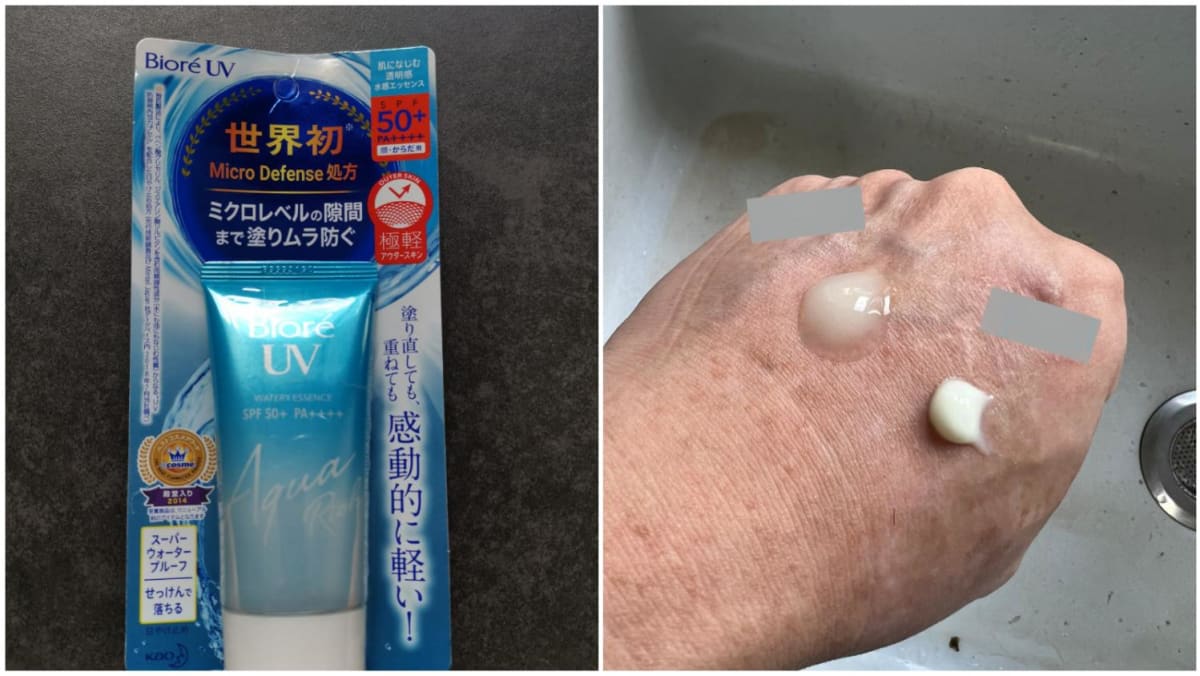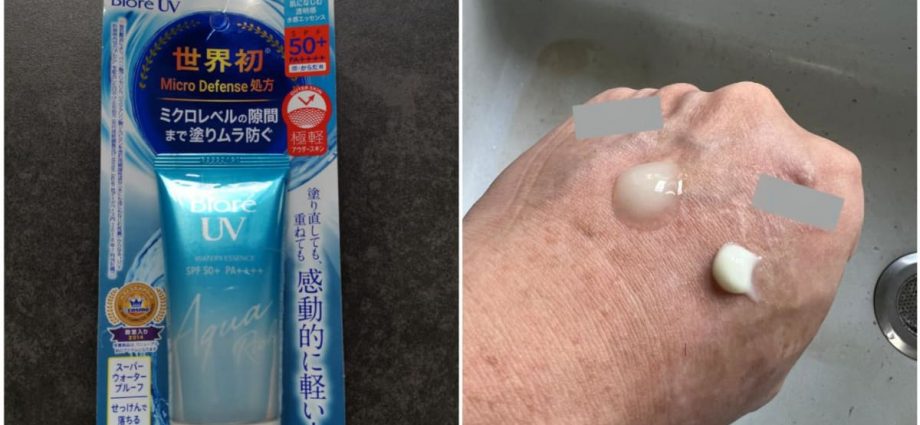
Mr Feng is not alone in his experience. Customers who have turned to e-commerce platforms hoping to snag a good deal for skincare products have also encountered what they believe to be fakes.
A housewife who wanted to be known as Ms Teo said she purchased skincare products under The Ordinary brand from an online platform. They were 30 per cent cheaper than the originals that her husband bought from the US.
She had been convinced by the online listing, which she said was “full of original images, convincing images, write-ups in the descriptions, good ratings”.
“Everything seemed legit,” she said. But the colour, consistency and smell of the products turned out different from the originals.
“I only used once and felt they were very ‘off’. Luckily, I didn’t experience adverse reactions. But I also felt they did nothing for my skin,” the 30-year-old said.
Another user who went by the name Mary Ang took to Facebook last month to complain about counterfeit Kiehl’s products that she bought online. She told CNA that she had ordered three Kiehl’s items from a local seller on Shopee.
Initially, Ms Ang said she was suspicious as the price was about 30 per cent cheaper than Kiehl’s official store, but decided to trust the platform and the seller, who had a high rating.
“On Aug 25, 2022, I received my order from Shopee and I found it is a fake product right after first use as I have been using Kiehl’s for very long time,” she said.
In reply to queries from CNA, Kiehl’s said it advises customers to buy directly from official stores and that it “cannot guarantee the authenticity and efficacy” of products bought from other online sites or unauthorised retailers.
SELLERS HAVE TO COMPLY WITH REGULATIONS: SHOPEE, HSA
CNA asked Shopee and rival e-commerce platform Lazada for the number of fraud complaints they have received and safeguards to prevent counterfeit products from being sold. Lazada declined to comment, while Shopee said the sale of such items was “strictly prohibited”.
In a statement, Shopee said it requires sellers to comply with local regulations and its policies on prohibited items.
Shopee did not provide the number of fraud complaints it has received about skincare or sunscreen products being sold on its platform. But it said: “We take pre-emptive measures to intercept offending products from being listed on the platform, and we cooperate with local governments and health authorities to take down listings of products that are flagged.
“Listings found to have regulatory violations or other violations of our terms of use will be removed.”
Shopee added it has processes in place to encourage sellers to maintain high levels of customer satisfaction. Likewise, a seller penalty point system discourages them from violating policies.
“We would also like to encourage users to reach out to Shopee if they encounter similar listings on our platform,” it added. Users can report products they suspect to be counterfeit directly from any product listing’s page.
The platform also offers the Shopee Mall and preferred sellers programmes.
The Shopee Mall label is reserved for brand owners and authorised distributors, where products are guaranteed to be authentic. A seller has to submit relevant documents, such as an authorisation letter from the brand. Lazada’s equivalent is the LazMall programme.
The preferred sellers programme, on the other hand, is for sellers who are deemed to have provided an “enhanced shopping experience”, according to the Shopee website. This is based on ratings, customer service quality and track record in shipping orders quickly and efficiently. Lazada has a similar programme.
In response to CNA’s queries, the Health Sciences Authority (HSA), which regulates sunscreen as cosmetic products, said it has not received complaints or feedback about this in the past two years.
The agency said it will work with product owners to investigate any complaints and take action if there are safety concerns.
“When deemed necessary, HSA may direct sellers or suppliers to remove the cosmetic product from the market and members of the public will also be alerted on harmful products,” a spokesperson said.

